How can aid workers help war victims without falling prey to, or becoming complicit with, their persecutors?
Humanitarian organisations have an ambiguous relationship with the violence of war. Seeking to relieve its severity, they contribute to its continuation to varying degrees while subjecting themselves to becoming targets. This collection of studies explores the way aid workers attempt to “humanise” war and face the risk of becoming victims of or complicit in the war.
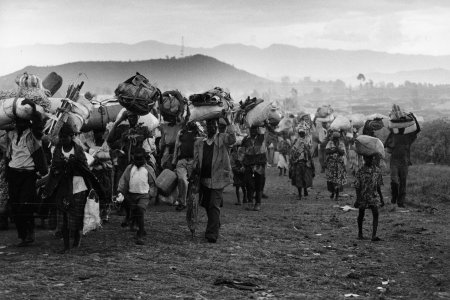 Remco Bohle
Speaking Out Case Studies
Remco Bohle
Speaking Out Case Studies
The Hunting and Killing of Rwandan Refugees in Zaire-Congo: 1996-1997
04/03/2014The ‘Hunting and killings of the Rwandan refugee in Zaire/Congo' case study is describing the constraints and dilemmas faced by Médecins Sans Frontières' teams in 1996 and 1995 when trying to bring assistance to the Rwandan refugees in Eastern Zaire.
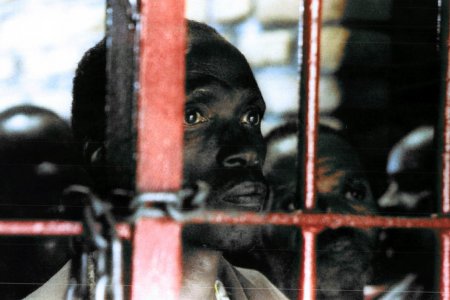 Corinne Dufka
Speaking Out Case Studies
Corinne Dufka
Speaking Out Case Studies
The violence of the new Rwandan regime 1994-1995
04/03/2014This case study is describing the difficulties and dilemmas that Médecins Sans Frontières faced in 1994 and 1995 when confronted with the abuses and crimes of the new regime that had taken over in Rwanda in July 1994.
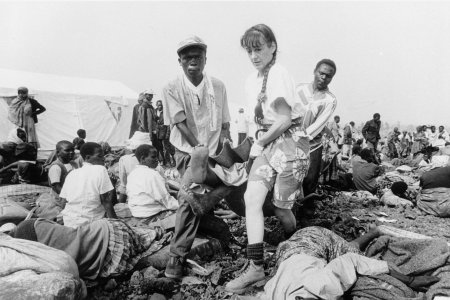 Remco Bohle
Speaking Out Case Studies
Remco Bohle
Speaking Out Case Studies
Rwandan Refugee Camps in Zaire and Tanzania 1994-1995
04/03/2014This case study is describing the constraints and dilemmas met by MSF when confronted with camps under the tight control of "refugee leaders" responsible for the genocide of the Rwandan Tutsis from April to June 1994.
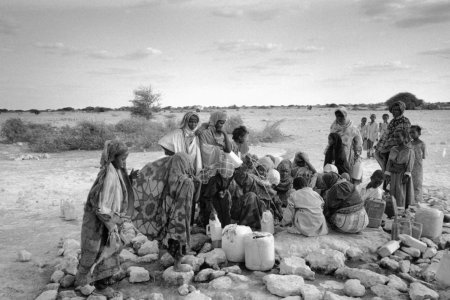 Petterik Wiggers
Speaking Out Case Studies
Petterik Wiggers
Speaking Out Case Studies
Somalia 1991-1993: Civil War, Famine Alert and a UN “Military-Humanitarian” Intervention
11/13/2013The ‘Somalia 1991-1993: Civil War, Famine Alert and a UN "Military-Humanitarian" Intervention‘ case study is describing the difficulties and dilemmas met by MSF during the first years that it was committed to helping the Somali people.
 Petterik Wiggers
Speaking Out Case Studies
Petterik Wiggers
Speaking Out Case Studies
Somalia 1991-1993: Civil War, Famine Alert and a UN “Military-Humanitarian” Intervention
11/13/2013The ‘Somalia 1991-1993: Civil War, Famine Alert and a UN "Military-Humanitarian" Intervention‘ case study is describing the difficulties and dilemmas met by MSF during the first years that it was committed to helping the Somali people.
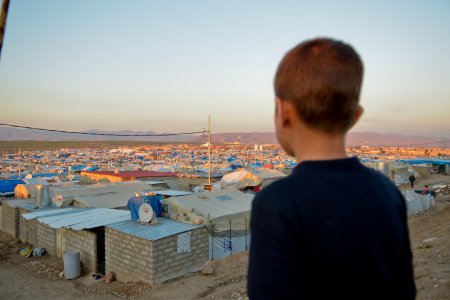 Pierre-Yves Bernard
Opinion
Pierre-Yves Bernard
Opinion
Syria: Breaking the De Facto Humanitarian Embargo against Rebel-Held Areas
03/19/2013While European Union members are debating the lifting of arms embargo on Syria, populations living in opposition held territories continue to be severed from desperately needed humanitarian aid. Yet, there is a controversy among aid agencies on the best ways to scale up relief activities in Syria.
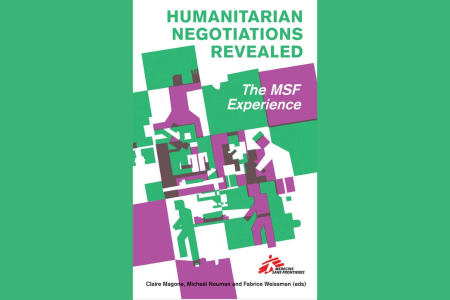 Book
Book
Humanitarian Negotiations Revealed: the MSF experience
02/17/2012From international NGOs to UN agencies, from donors to observers of humanitarianism, opinion is unanimous: in a context of the alleged ‘clash of civilisations’, our ‘humanitarian space’ is shrinking.
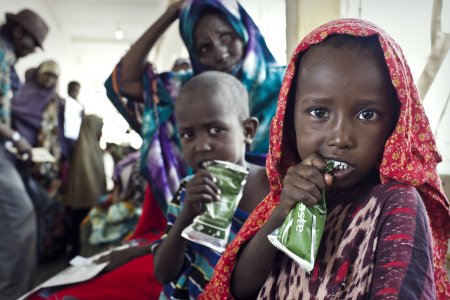 Sven Torfinn
Opinion
Sven Torfinn
Opinion
Famine in Somalia : warning against the warning!
09/19/2011In the context of emergency appeals in the Horn of Africa, Rony Brauman recalls the contemporary definition of a famine. While recognising the progress made in major crisis response mechanisms, he questions the alarmist attitude of the UN.
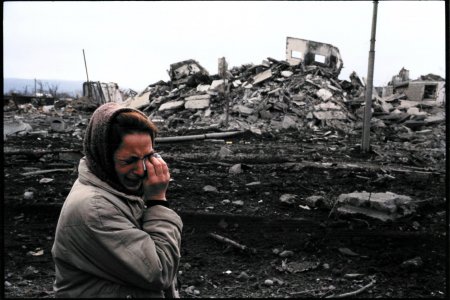 Eric Bouvet
Speaking Out Case Studies
Eric Bouvet
Speaking Out Case Studies
War crimes and politics of terror in Chechnya (1994-2004)
07/15/2010The ‘War crimes and politics of terror in Chechnya 1994-2004’ case study describes the constraints, questions and dilemmas experienced by MSF while speaking out during the two Russian-Chechen wars and the following years of ‘normalization’.
